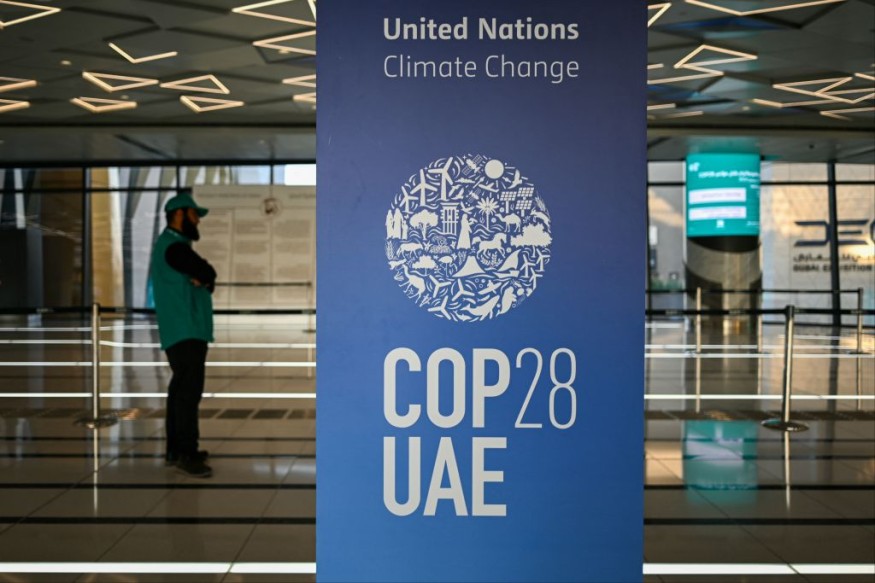The United Arab Emirates intended to leverage its role as host of the UN climate talks to arrange oil and gas deals.
The COP28 climate talks will start on Thursday and will be led by Sultan Al Jaber, the CEO of the national oil company Adnoc and the UAE's climate ambassador.

Leaked Documents of Briefing Notes
A leaked document, obtained by the UK-registered Centre for Climate Reporting, appears to be briefing notes for Sultan Al Jaber, who will preside over the UN climate discussions, for meetings with international officials ahead of the summit.
They are organized in the form of country profiles, with each paper describing discussion topics for Al Jaber to bring up during the talks.
The documents explain each country's climate progress in important areas such as finance, decarbonizing food chains, and renewables adoption, as well as how their aspirations might be raised.
They contained potential "talking points" for China, such as Adnoc, the UAE's state oil company, saying it is "willing to jointly evaluate international LNG [liquefied natural gas] opportunities" in Mozambique, Canada, and Australia.
According to the documents, Adnoc "stands ready" to assist Colombia in developing its fossil fuel resources.
There are talking points for 13 additional nations, including Germany and Egypt, that indicate Adnoc intends to collaborate with their governments to build fossil fuel projects.
According to the briefings, the UAE also prepared talking points on commercial potential for Masdar, its state renewable energy business, ahead of meetings with 20 nations, including the United Kingdom, the United States, France, Germany, the Netherlands, Brazil, China, Saudi Arabia, Egypt, and Kenya.
"The documents referred to are inaccurate and were not used by Cop28 in meetings. Private meetings are private, and we do not comment on them," said the COP28 Spokesperson.
Obligation Of Impartiality
Attempting to conduct business during the COP process looks to be a major violation of the conduct norms required of a COP president.
The United Nations Framework Convention on Climate Change (UNFCCC), the UN body in charge of climate discussions, establishes these standards.
According to the UNFCCC, "the obligation of impartiality" is the "cardinal principle" for COP presidents and their teams.
Tom Rivett-Carnac, who served as former political adviser to the UN climate chief, said that the authority of a COP president has flown from rising above national interests.
He said that if countries come to a negotiation and believe the president who's setting the agenda is actually pursuing narrow self-interest, then trust will quickly collapse.
Concerns have been raised concerning Adnoc's tight relationship with the COP28 crew, and Adnoc was able to read correspondence to and from the COP28 headquarters.
Manuel Pulgar-Vidal, the leader of the COP20 meeting in Peru in 2014, is concerned that a breakdown in trust will mean no progress on climate change in Dubai.
"The president of the COP is the leader of the world, is trying to build consensus on behalf of the planet. If any president of the COP tries to bring a particular interest, [including] commercial interest, that could mean the failure of the COP," he added.
Related Article : Environmental Policies: Barking Up the Wrong Tree
© 2025 NatureWorldNews.com All rights reserved. Do not reproduce without permission.





